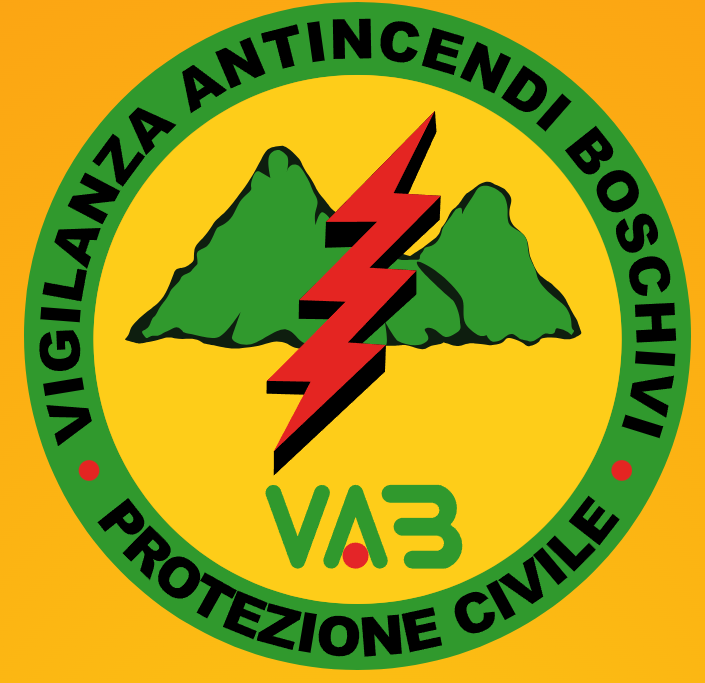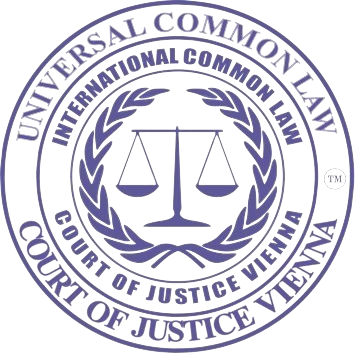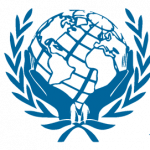
Civil Protection and Wildfire Fighting Volunteer Service.
Since 1974, serving others and the environment.
Sezioni Reg.: Emilia Romagna, Sicilia, Abruzzo, Campania, Sardegna, Puglia, Marche, Lombardia, Calabria, Lazio, Toscana – sez.Loc.: Ravenna, Bologna, Forlì, Cesena, Voghiera, Rimini, Prato, Calenzano

La Corte di Giustizia di VIENNA, è un’Organizzazione di tutela e salvaguardia dei Diritti Umani e specializzata in messa in sicurezza in situazioni di estremo pericolo di vita. Opera in tutto il modo è ed è specializzata in cause su “minori” e tratta di esseri umani.: sito

SAFE BLOOD Donation is a private association of members which facilitates member-matched directed blood donation in order to provide the safest blood possible and ensure the lasting safety of the blood supply for future generations. Safe Blood also works to reduce the need for transfusions by educating its members and the public about scientifically optimal alternatives such as auto transfusion and autologous donation. Already a worldwide community, Safe Blood and its members strive to establish partnerships with a network of clinics and laboratories that support medical freedom and human rights through each person’s right to choose one’s blood donor freely. As a non-profit organization, Safe Blood relies on member participation and support. We are open to all and welcome as donors those who share the commitment not to mix their blood with foreign genetic products. We also welcome members for receipt of blood who may have come to this commitment more recently. Belgio, Danimarca, Germania, Finlandia, Francia, Italia, Lussemburgo, Norvegia, Olanda, Polonia, Portogallo, Romania, Serbia, Spagna, Svezia, Svizzera (4 cantoni, Regno Unito, USA, Canada, Messico, Australia, Nuova Zelanda, Nord Africa, Kenia, Uganda, SudAfrica, Zambia, Cina, Giappone, India, Filippine, Thaillandia

The New National Health Service (NSSN) of WHB GHA-WW is based on three fundamental principles: universality, equality, and equity. The pursuit of these principles requires strengthening its capacity to operate as a community-based system, designed BY THE PEOPLE AND FOR THE PEOPLE.
Although it originated as a private service, the introduction of the Mixed Payment System (current currency, cryptocurrencies, complementary currencies, barter, and time banking) aims to realize the aforementioned principles by applying them to the highest level of coverage and providing a healthcare service that can be accessible to all citizens, regardless of income.
In this perspective and context, there is a need to strengthen the local health services provided by the current Public Health Service, reducing inequalities while simultaneously building a shared and homogeneous service delivery model across each national territory.
Administrators of Organizations-Colletive members
| Entity | Country |
Ass. F.O.I.S FREEDOM OF INDIPENDENT SISTER – Milano, Italy
ASOCIACIÓN PROVIVIVIENDA EN ACCIÓN POR UN TECHO DIGNO – Costa Rica – Prov 06 Puntarenas, Cantón 01 Puntarenas, Cóbano, San Isidro, Las Brisas,
Administrators of Entitys-Trusts ed Fondations
| Humanitarian Organizations | Country |
| ADDESA | Italy |
| ALESSI | Italy, Espana |
| ALIPERTI | Italy |
| ANTONUCCI | England |
| ARCALENI | Italy |
| AVASILOAEI | Italy |
| BARBIERI | Italy |
| BARCAIUOLO | Italy |
| BATTAGLIA | Italy |
| BELLI | Italy |
| BELLINI | Italy |
| BIANCHI | Italy |
| BORGIOLI | Italy |
| BOSI | Italy |
| BOSSO | Italy |
| BRAZZO | Italy |
| BRUNO | Italy |
| CALAUTTI | Italy |
| CAMPO | Italy |
| CAMPO | Italy |
| CAROLLO | Italy |
| CASOLARO | Italy |
| CATALANO | Italy |
| CAVILLI | Italy |
| CIAMPOLINI | Italy |
| CILIBERTI | Italy |
| COLMANO | Italy |
| COMPARIN | Italy |
| CONTARET | Italy |
| CONTI | Italy |
| CORSI | Italy |
| COSTA | Italy |
| CREMONINI | Italy |
| DALLE RIVE CARLI | Italy |
| DE MARTINO | Italy |
| DE NARDI | Italy |
| DE SANTI | Italy |
| DI CLEMENTE | Italy, Colombia |
| DIFRANCO | Italy |
| FASCIOLI | Italy |
| FASSINA | Italy |
| FERRARA | Italy |
| FILIPPI | Italy |
| FIORE | Italy |
| FONTANELLA | Italy |
| FRATTINI | Italy |
| FRIGENTI | Italy |
| FRIGO | Italy |
| GABOS | Italy |
| GABRIELLI | Italy |
| GARBARI | Italy |
| GUIDI | Italy |
| GUIDOTTI | Italy |
| INDELICATO | Italy |
| IENNA | Italy |
| LANDONI | Italy |
| LANGELLA | Italy |
| LASI | Italy |
| LIBRALATO | Italy |
| LULASHI | Italy |
| MAESTRINI | Italy |
| MARANGONI | Italy |
| MASELLI | Italy |
| MASSA | Italy |
| MATTERA | Italy |
| MAZZAROLO | Italy |
| MIGLIACCIO | Italy |
| MONTEVERDE | Italy |
| MORELLI | Italy |
| MOSCATO | Italy |
| MOSTARDI | Italy |
| MURGIDA | Italy |
| NANNINI | Italy |
| NICOLODI | Italy |
| NOBILI | England |
| PANELLA | Italy, Bulgary |
| PARISI | Italy |
| PATRUNO | Italy |
| PELLEGRINETTI | Italy |
| PERNTER | Italy |
| PIGAZZI | Italy |
| POLLARA | Italy |
| PONZO | Italy |
| RIMONDINI | Italy |
| RINALDI | Italy |
| ROSSI | Italy |
| SACCARDO | Italy |
| SALONI | Italy |
| SALVADORI | Italy |
| SCHEPIS | Italy |
| SIGNORI | Italy |
| SOMMA | Italy |
| SORMANI | Italy |
| SPINELLA | Italy |
| TALLARITA | England, Lithuania, Hungary, Czech Republic, Australia, Argentina, Peru, Costa Rica, Italy, Albania, Colombia, Belgio |
| TAROPPI | Italy |
| TOMASONI | Italy |
| TONELLI | Italy |
| TONELLI | Italy |
| VALENTI | Italy |
| VANNINI | Italy |
| VENEZIA | Italy |
| VENEZIA | Italy |
| VENTURINI | Italy |
| VIERO | Italy |
| VIOLA | Italy |
| VITOLO | Italy |
| ZAMPONI | Italy |
| ZELTNER | Italy |
| ZENI | Italy |


